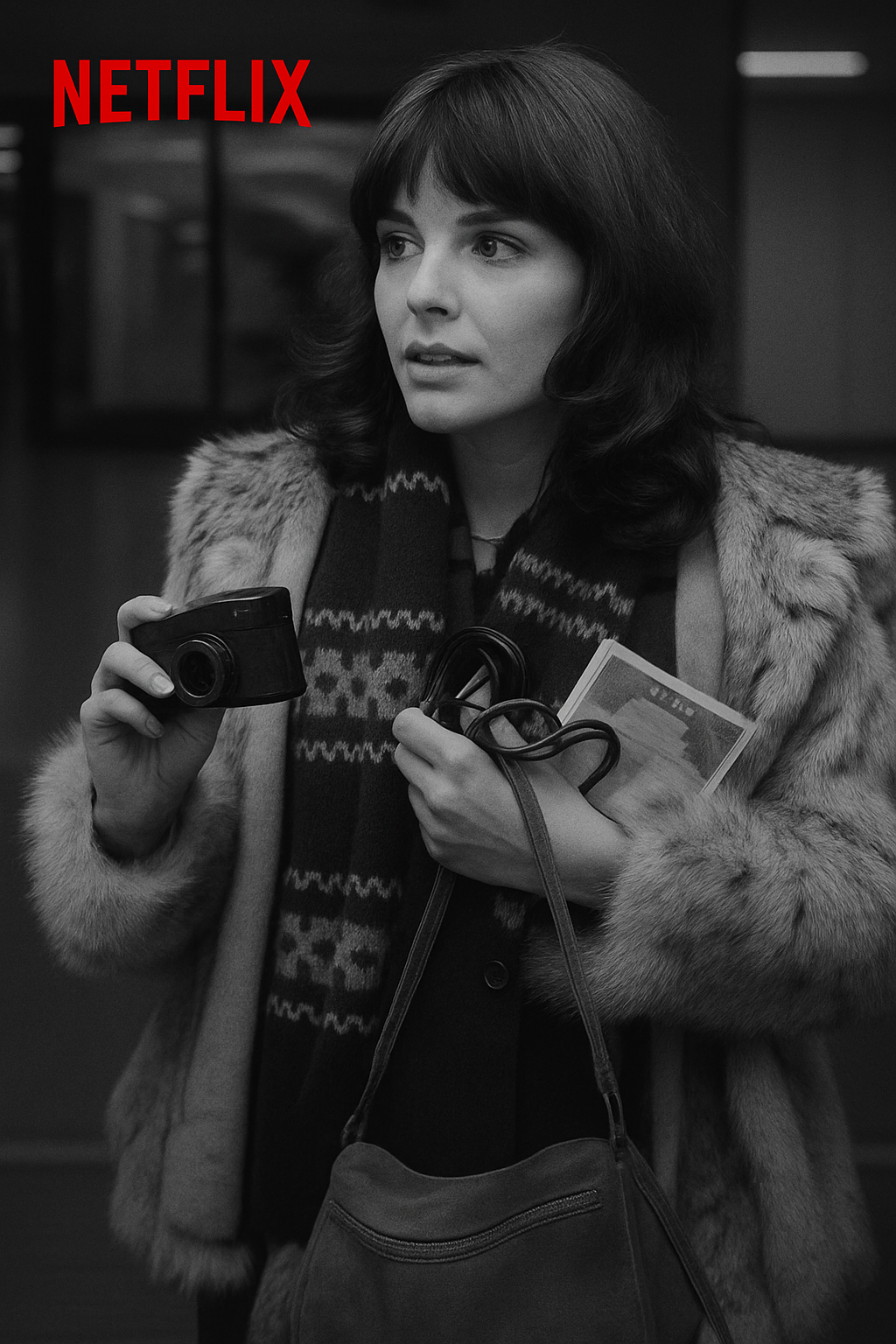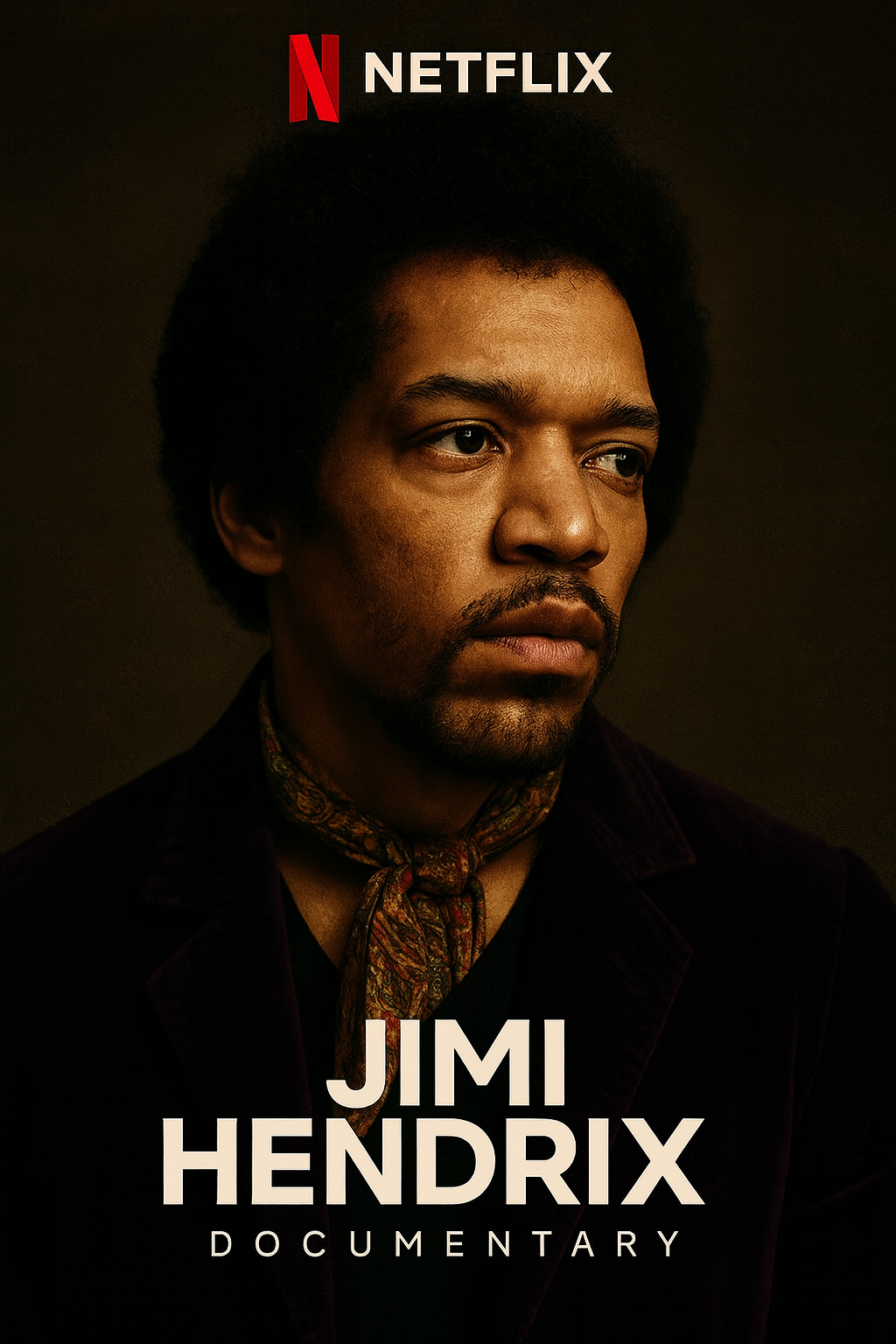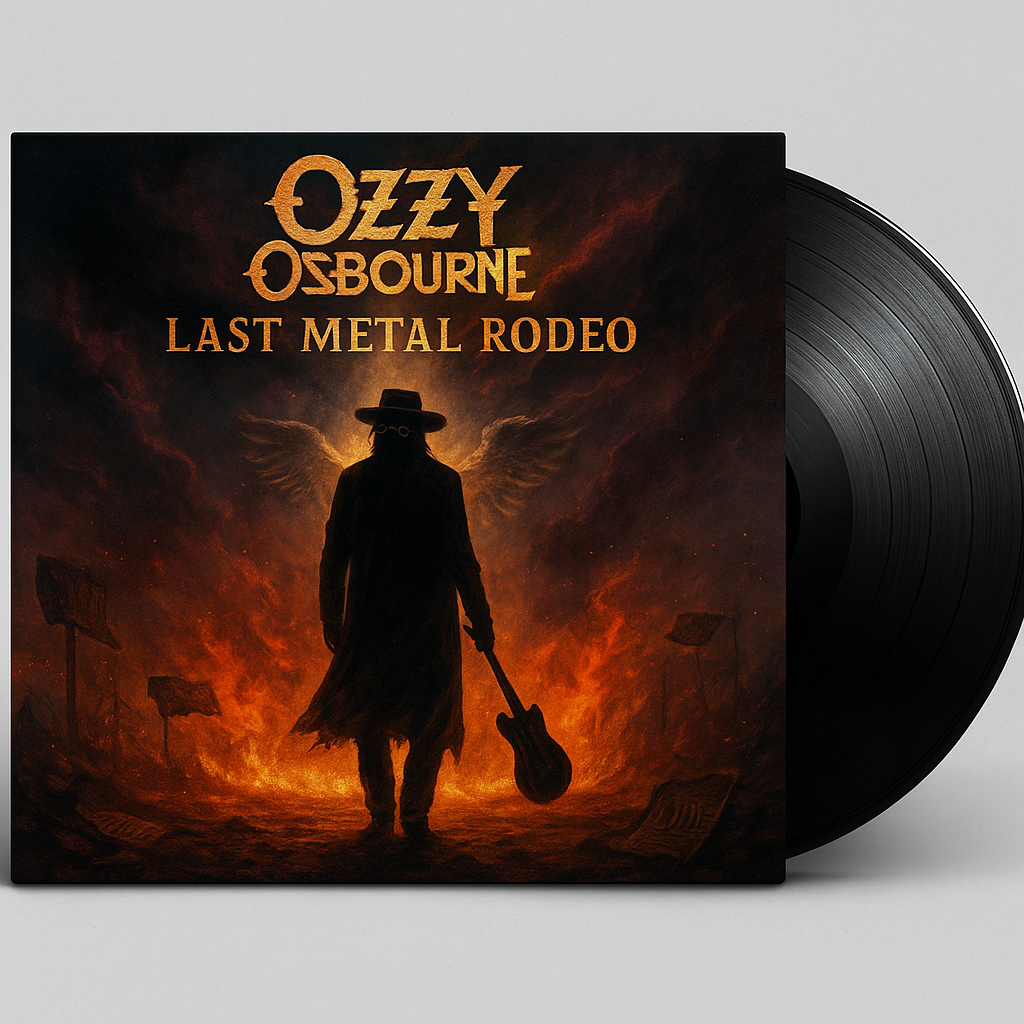Netflix has unveiled the first official trailer for its upcoming documentary on Linda Ronstadt, the Grammy-winning icon whose career has spanned decades, genres, and generations. Titled “The Sound of My Voice: Linda Ronstadt,”
the film promises an intimate and powerful look into the life, struggles, and extraordinary musical legacy of one of America’s most revered voices. The trailer has already sparked excitement across the music and film communities, offering glimpses of rare archival footage, heartfelt interviews, and, of course, Ronstadt’s unmistakable sound.
Opening with sweeping shots of 1970s concert halls and the roar of adoring fans, the trailer immediately places viewers in the heyday of Ronstadt’s meteoric rise. It then shifts into quieter, more reflective moments — Ronstadt in the studio, Ronstadt with family, and Ronstadt confronting the silence imposed by her diagnosis of progressive supranuclear palsy, a rare neurodegenerative disease that ended her singing career. The contrast is both moving and powerful, highlighting the woman behind the voice as much as the music itself.
Narrated in part by Ronstadt herself through past recordings and interviews, the documentary is expected to be deeply personal. It charts her journey from a Mexican-American girl in Tucson, Arizona, to an international superstar who dominated the charts in the 1970s and 80s. Her story intersects with multiple major cultural moments, including the rise of country rock, the feminist movement, and Latin music’s crossover into mainstream American consciousness.
The trailer teases appearances from an impressive lineup of collaborators, admirers, and friends. Jackson Browne, Dolly Parton, Bonnie Raitt, and Emmylou Harris are just a few of the voices heard in the preview, each paying tribute to Ronstadt’s vocal power, artistic daring, and unwavering commitment to authenticity. Many speak emotionally about the influence she had not only on the music industry but on their own lives and careers.
Visually, the trailer leans into a warm, nostalgic aesthetic — home video footage, grainy stage clips, vintage magazine covers — that evokes a strong sense of time and place. Yet the documentary clearly intends to be more than a retrospective. It’s a meditation on legacy, artistry, and what it means to lose one’s most defining gift. As one interviewee says in the trailer, “She didn’t just sing the songs. She became them.”
Netflix has positioned the film for awards consideration, scheduling its premiere to coincide with the fall documentary season. The streaming giant, known for acclaimed music documentaries such as Miss Americana and Quincy, is clearly confident that The Sound of My Voice will resonate with audiences far beyond Ronstadt’s fan base. In today’s climate of musical rediscovery and biographical storytelling, the film arrives at a perfect time.
The documentary also promises to explore Ronstadt’s bold genre shifts — from rock and country to jazz, opera, and mariachi. Few artists have moved across musical boundaries with the kind of grace and authority she demonstrated. The trailer hints at how these choices were not simply artistic whims but rooted in her identity, upbringing, and deep love of cultural heritage.
One poignant segment in the trailer shows Ronstadt listening quietly to one of her old recordings. Her eyes well up — not from pride, but from the deep emotional connection she still has with the music, even if she can no longer perform it. This moment encapsulates the spirit of the documentary: a celebration tinged with sadness, yet ultimately filled with gratitude and awe.
Fans have already taken to social media in droves to express their excitement. Tributes have poured in from younger artists who cite Ronstadt as a key influence, many of whom credit her for paving the way for genre-fluid artistry and strong, unapologetic female voices in the industry. For many, the film feels not just like a tribute — but like long-overdue recognition.
The documentary also seeks to elevate Ronstadt’s activism, a lesser-known but vital aspect of her life. From environmental issues to immigration reform, she used her platform to speak out on matters close to her heart, often at personal and professional risk. These dimensions of her legacy add further depth to a portrait already rich with artistry and emotion.
With its lush cinematography, emotional storytelling, and a soundtrack that reads like a best-of compilation, The Sound of My Voice is shaping up to be one of the year’s most important music documentaries. It not only honors Linda Ronstadt’s remarkable contributions but also offers viewers a window into the emotional cost and beauty of a life lived in song.
As the documentary prepares for its Netflix debut, one thing is certain: Linda Ronstadt’s voice may have been silenced by illness, but her impact continues to echo. Through this film, a new generation will hear that voice — not just in song, but in story — and come to understand why it mattered, and still does.



